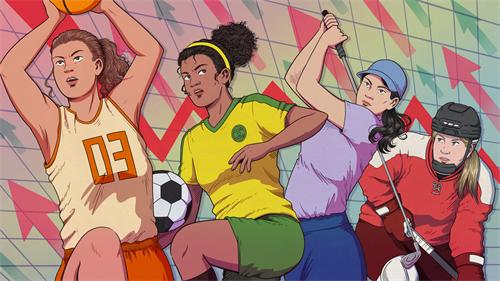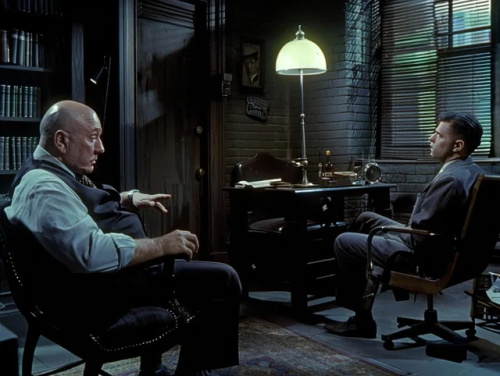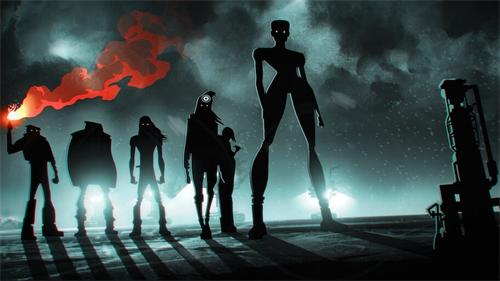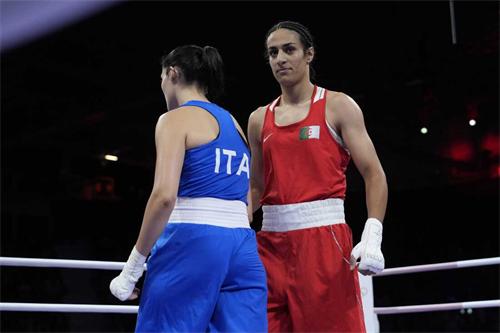The ‘Anti-Social Media’ Celebrities: Why Some Stars Are Deleting Their Accounts
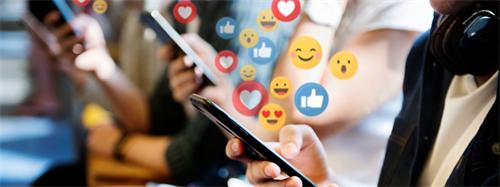
In today’s era of information overload, social media has become a vital bridge between celebrities and their fans, as well as the general public. Stars share glimpses of their lives, promote their work, and build close connections with followers through online platforms. However, as issues such as cyberbullying and privacy breaches become increasingly prevalent, a growing number of celebrities are choosing to go offline. This “anti-social media” phenomenon stems from both personal psychological considerations and has far-reaching effects on the fan economy model.
Social media offers high exposure and real-time interaction, but it also brings immense psychological pressure. Public figures’ every word and action are easily magnified, interpreted—or misinterpreted—and can quickly become targets of public backlash. British actor Tom Holland has openly admitted that social media comments left him “in a bad place” and feeling “out of control.” American singer Selena Gomez also chose to step away from social media after enduring long-term online attacks, saying that “negative comments can really hurt people’s feelings.”
Additionally, social media often merges celebrities’ personal lives with their public personas, making the boundary between the two increasingly unclear. To maintain their “persona,” stars often have to invest significant energy over long periods. A single misstep or privacy leak can spiral into a PR crisis. Some celebrities, after achieving financial independence, prefer to return to the essence of life, breaking free from the anxiety of constant public scrutiny in pursuit of inner peace and freedom.
The decision of celebrities to leave social media brings about diverse and far-reaching effects on the fan economy. On one hand, their withdrawal might encourage fans to disengage from obsessive behavior and shift toward more rational consumption, steering the fan economy toward diversification. Traditional fan economies heavily rely on data-driven interactions such as likes, shares, and voting. Ironically, by going offline, celebrities may push fans to focus more on offline events like fan meetings or concerts—or to support them directly through their work. This shift supports a content-oriented consumption model and raises the bar for the quality of the work itself.
On the other hand, a celebrity’s “presence” on social media remains crucial for maintaining popularity. Research shows that when stars stay away from online platforms for extended periods, their popularity typically declines significantly within three to six months. Fan loyalty and engagement may also decrease. Without regular online interactions, some fans feel lost, confused, or even angry, which can weaken their willingness to purchase endorsed products or merchandise, ultimately shrinking the scale of the fan economy.
While quitting social media might put celebrities at risk of declining fame, it also allows them to escape the anxiety of constantly chasing traffic and exposure, enabling them to focus more on honing their professional skills. For example, singers can devote more energy to music creation, and actors can concentrate on refining their craft. Although this “return to the work” approach is slower, it helps build a personal brand with long-term value.
The “anti-social media” trend doesn’t necessarily mean celebrities are completely giving up on communication with the outside world. Rather, it reflects their attempt to find psychological balance and professional value in the digital age. While this trend may disrupt the traditional fan economy in the short term, it also has the potential to push the industry toward a healthier, content-driven model. In the midst of all the noise, perhaps silence itself can be a form of strength.
RECOMMEND FO YOU
